Date: 26 November 2025 The Chancellor has delivered the Autumn Budget 2025, positioning it as a plan for "Strong Foundations" and a "Secure Future". While the headline rates of Income Tax, VAT, and National Insurance remain frozen, this is a Budget of significant structural change. The government is
Identity Verification Under the New Companies House Regulations
Major changes are coming to UK company administration. Under the Economic Crime and Corporate Transparency Act, Companies House is introducing mandatory identity verification for the people who run, own and file information for UK companies. This marks one of the biggest shifts in corporate
A Definitive Analysis of UK Company Expenditure and the Risks of Personal Spending
Executive Summary: Navigating the Intersection of Company and Personal Finance This report provides a definitive analysis of the legal and financial frameworks governing business expenditure for a UK limited company, with a particular focus on the critical tax and legal implications of personal
Companies House Shake-Up: What You Need to Know About New Identity Verification Rules
Big changes are coming to Companies House, and they’re set to impact almost everyone involved with UK companies and LLPs. Under the Economic Crime and Corporate Transparency Act 2023 (“ECCTA”), a new, mandatory identity verification process is being introduced. This isn't just a minor update; it's a
Navigating the Economic Crime & Corporate Transparency Act 2023: What Businesses Need to Know
The Economic Crime & Corporate Transparency Act 2023 (ECCTA 2023) represents a significant overhaul of company law in the UK, introducing a raft of changes and new requirements designed to enhance corporate transparency and combat economic crime. Businesses need to get to grips with these
Understanding Director’s Loan Accounts: A Guide for Company Directors
If you're a company director, understanding how you can take money out of your business is crucial. Limited companies are separate legal entities, so the rules are strict. One area that often causes confusion is the Director's Loan Account (DLA). Let’s break it down. What is a Director's Loan
Navigating the National Minimum Wage in the UK: A Guide for Businesses
As accountants, we know keeping up with complex regulations is paramount for your business's success. One crucial area? The National Minimum Wage (NMW). With changes on the horizon, here's a quick refresh to ensure you're compliant: Understanding the Basics The NMW sets the legal minimum hourly pay
Unlocking Opportunities: A Guide to Small Business Grants in the UK
Starting a small business can be a challenging but rewarding venture, and in the UK, entrepreneurs have access to a range of financial support through grants and loans. These resources play a crucial role in nurturing the growth of small enterprises, providing a financial foundation for innovative
Navigating Uncertainty in Business: Embracing the Unknown
In the ever-changing landscape of business, uncertainty reigns supreme. From economic fluctuations to technological advancements, the ability to predict the future with certainty is a coveted yet elusive skill. As Edgar R. Fiedler, an economist, aptly put it, "He who lives by the crystal ball soon
Annual Accounts Preparation Guidelines
Overview Every company is obligated to prepare annual accounts, serving shareholders, HMRC, and Companies House. Small companies may avoid audits if meeting two of the following criteria: annual turnover under £10.2m, total assets under £5.1m, or 50 employees or fewer. Legal Requirements Submit










